Sorry, that’s old news…
You’ve found an older news story. We delete stories from our AAP News Feed after two months. But fear not, here’s today’s news!
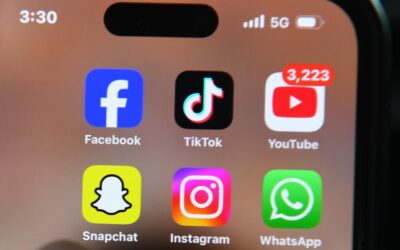
Social media has been compared to casinos, opioids and cigarettes for its addiction qualities.
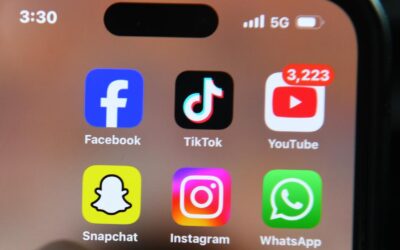
Social media has been compared to casinos, opioids and cigarettes for its addiction qualities.

Hungary says it is blocking a major EU loan for Ukraine until Russian oil starts flowing again through the Druzhba ...

Asian export powerhouses are grappling with the latest chapter in Donald Trump's war with global trade after the ...

The defeat of Donald Trump's sweeping tariffs doesn't have European exporters popping champagne yet, as they fear ...
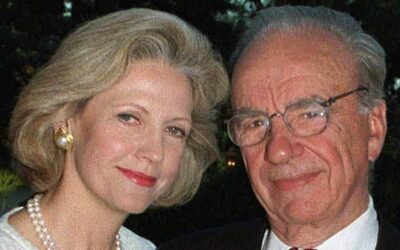
The former wife of Rupert Murdoch and mother to their children James, Lachlan and Elisabeth has died in Florida aged 81.
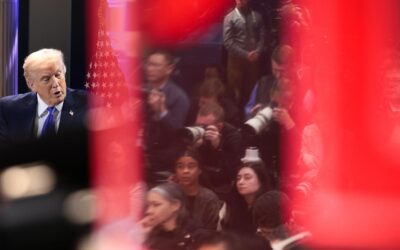
Donald Trump has flagged that he plans to sign an executive order to enact a 10 per cent global tariff after the ...
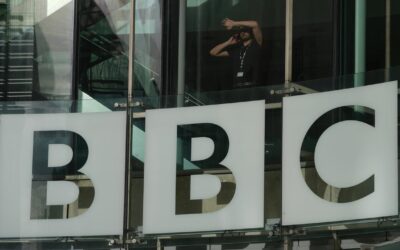
An Australian adult comedy based on a popular animated web series has been acquired by the BBC.
No results found.
Background image courtesy victoriancollections.net.au